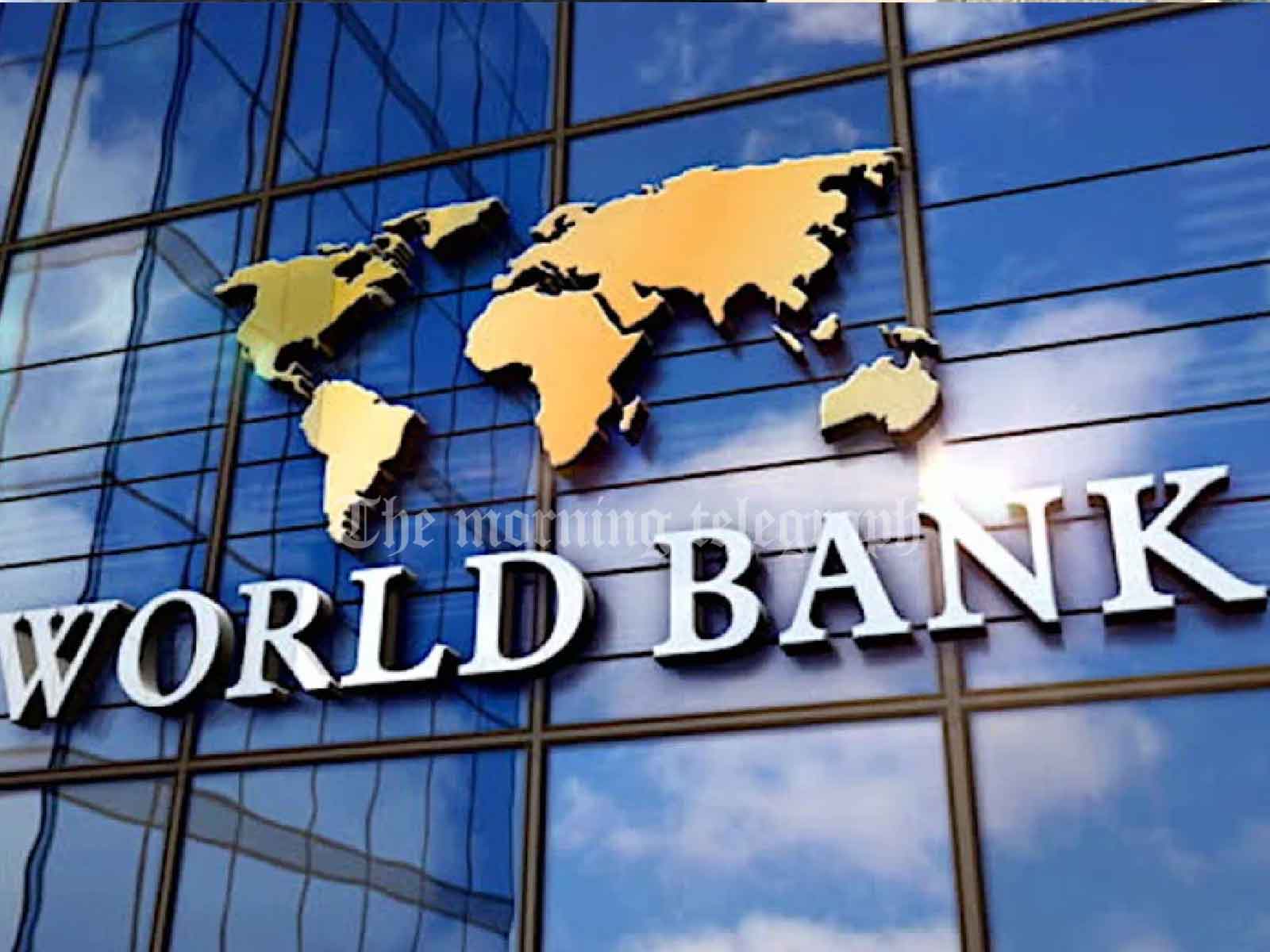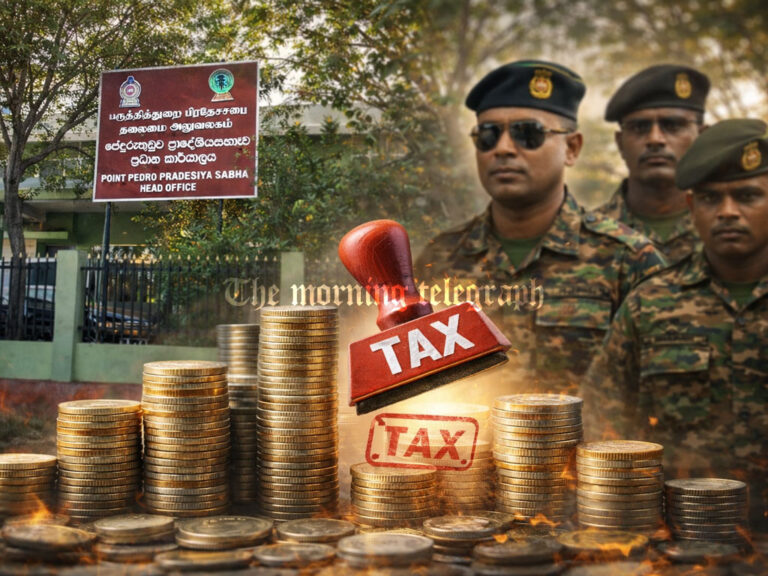
The World Bank’s latest report highlights the precarious state of Sri Lanka’s economy, stressing the need for continuous reforms to ensure stability and long-term growth. The “Sri Lanka Development Assessment” outlines that without structural changes, the economy remains vulnerable to disruptions and crises. Key areas of concern include high levels of public debt, low growth rates, and persistent poverty.
The report points to the necessity of restructuring Sri Lanka’s debt to relieve financial pressures and ensure sustainable fiscal management. It also underscores the importance of structural reforms that could include streamlining public sector expenditure, reforming state-owned enterprises, and creating a more favorable environment for private investment.
Further, the World Bank emphasizes addressing income inequality and improving social safety nets to protect the most vulnerable groups. These measures are deemed essential to bolster resilience against external shocks, such as global economic downturns or commodity price fluctuations, which could further strain the country’s fragile economy.
The report suggests that if Sri Lanka does not pursue these reforms decisively, it risks stagnating growth and facing more severe economic instability in the future.




